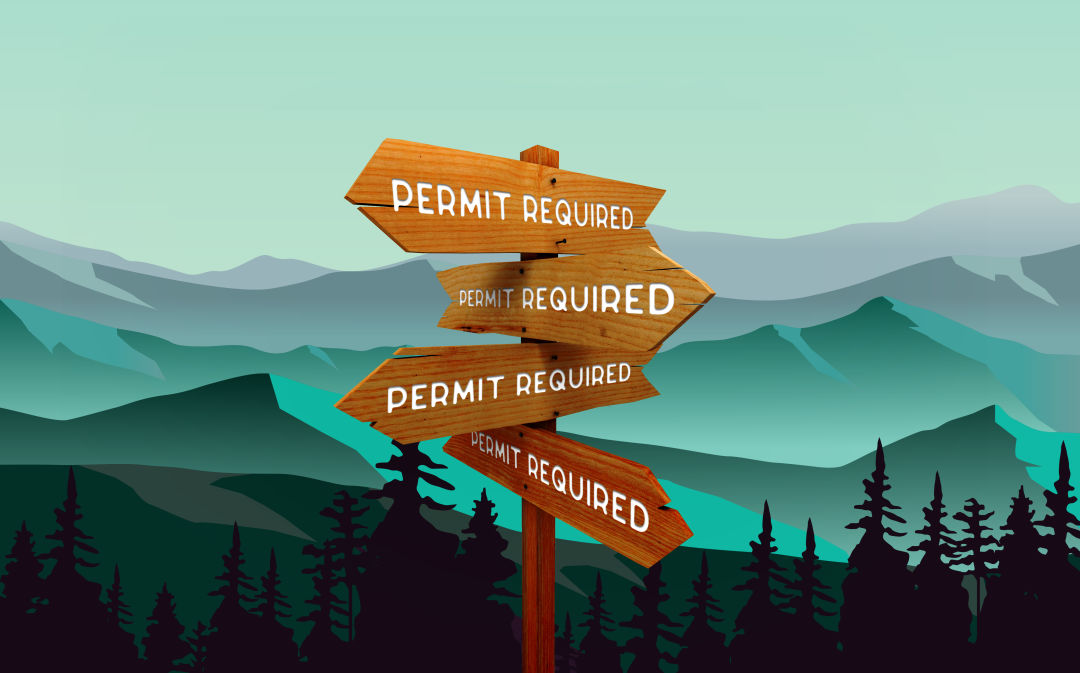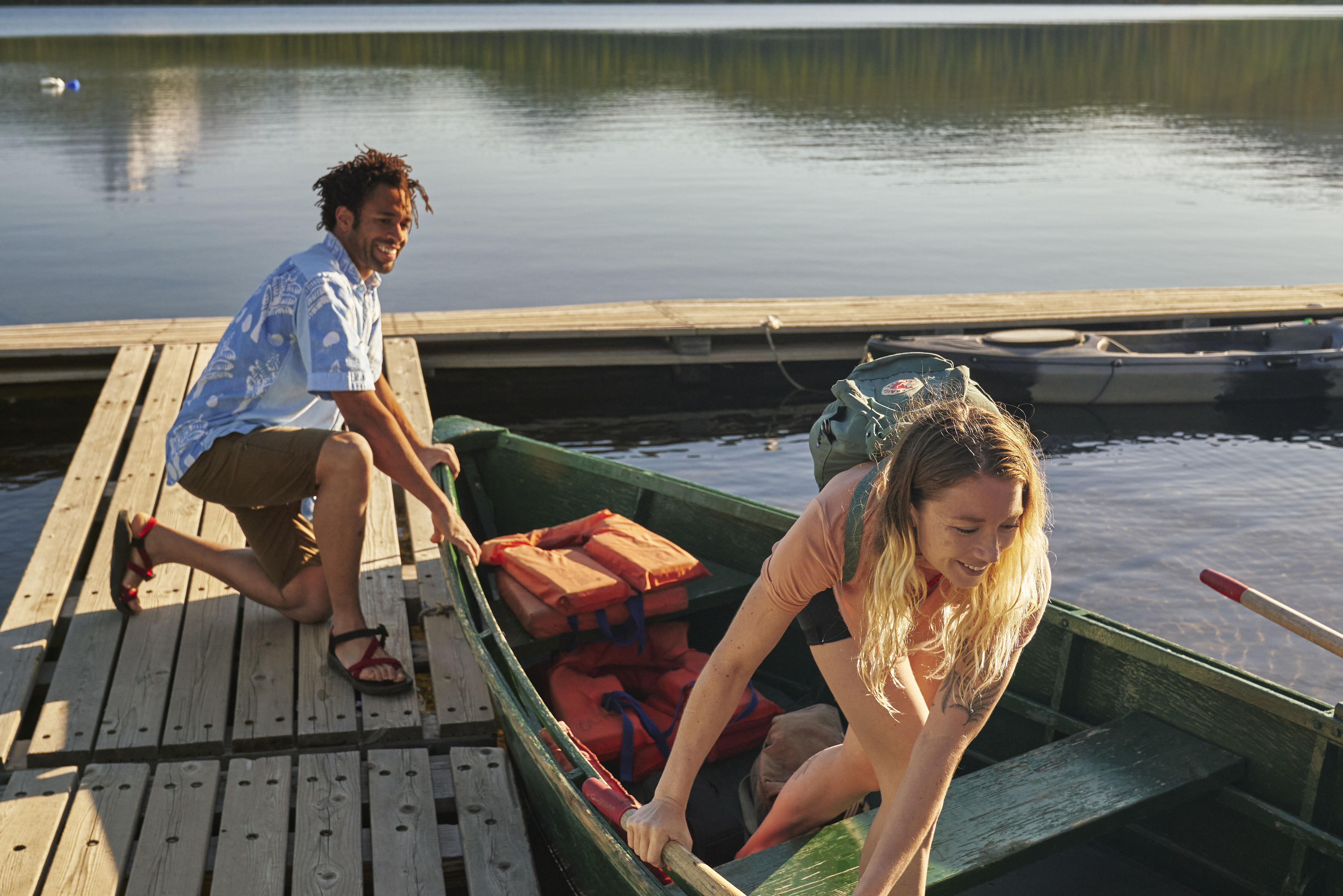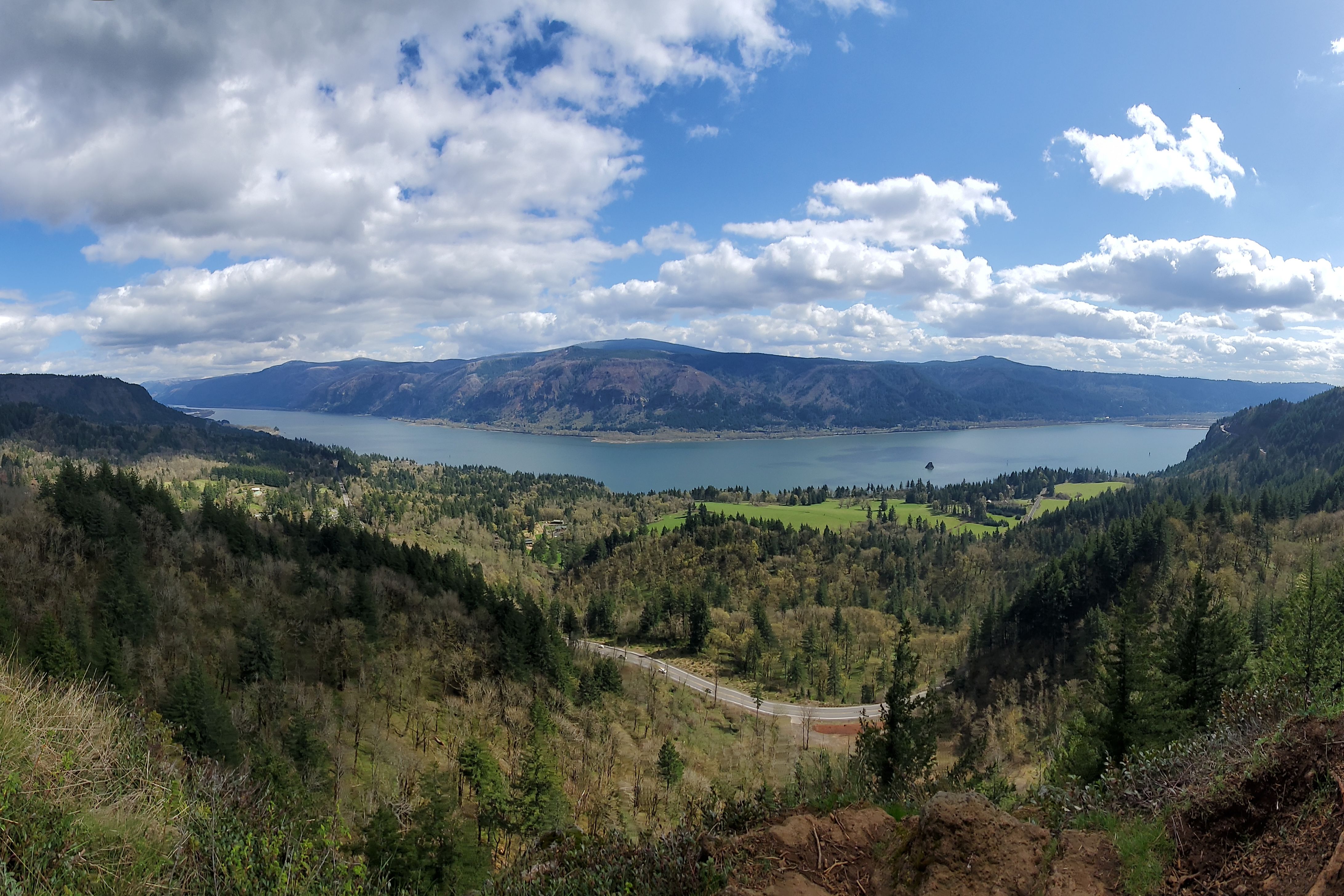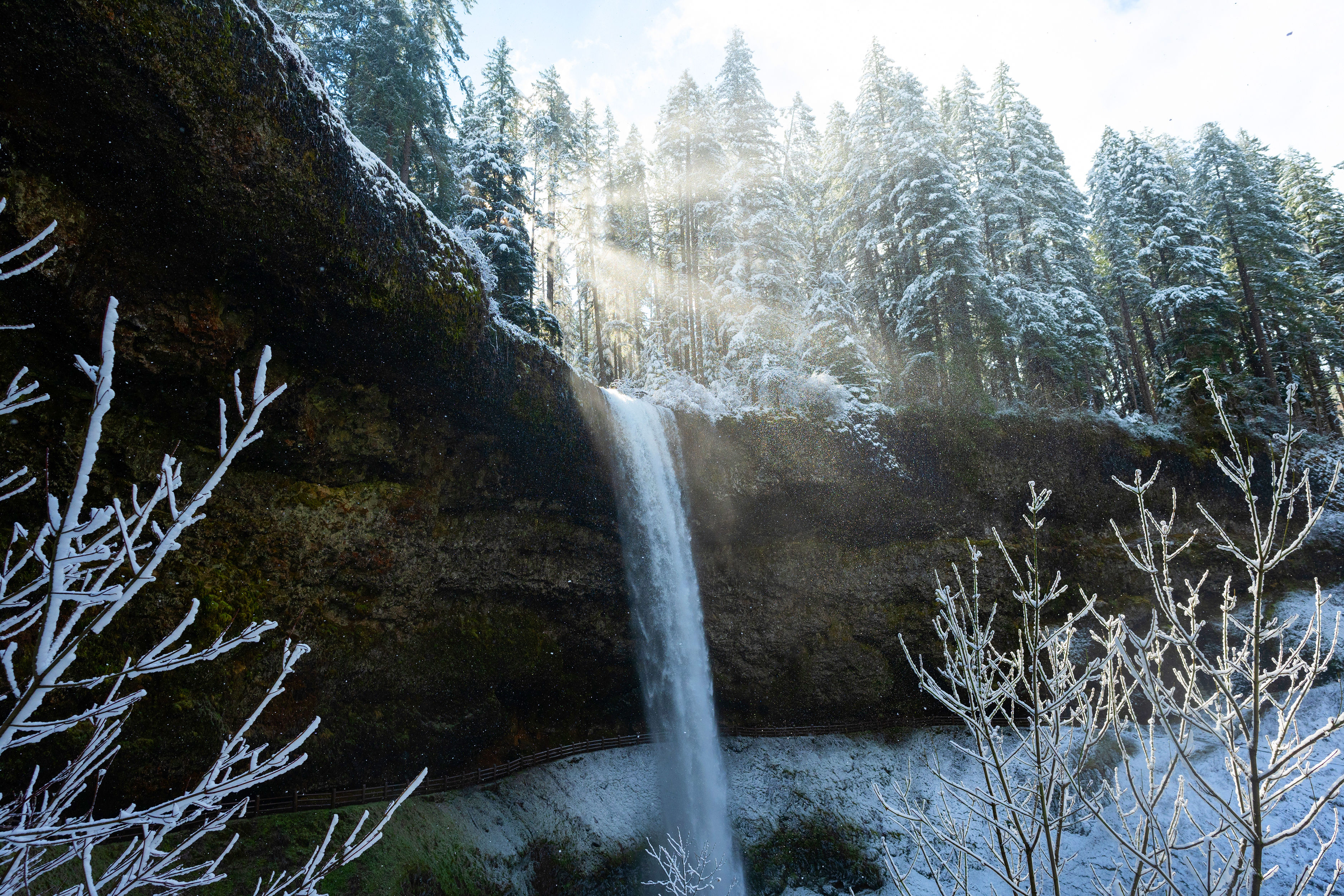Who's Left Behind by Oregon’s Ever-Growing Trail Permit System?

Last year's permit rollout at Three Sisters, Mount Jefferson, and Mount Washington was rife with no-shows. This season looks to address access and equity.
The treasured alpine lakes and snowcapped peaks of Oregon’s Central Cascades are nobody’s best-kept secret. The region is so popular that, since April 2021, a permit is now required to backpack at the Three Sisters, Mount Jefferson, and Mount Washington or day-hike at especially favored trailheads (obtainable via recreation.gov).
Permits are not brand-new locally. They’ve been in place since 2016 at Washington’s Alpine Lakes Wilderness Area, for example, but they are spreading. Hiking Mount St. Helens or Ape Caves needs a reservation; so does Multnomah Falls, and Dog Mountain in peak wildflower season. The magical, narrow Oneonta Gorge trail could be up next.
And Stephen Baker, the regional media officer for the US Forest Service, won’t rule out even more future areas that might adopt a permit system.
It’s a spontaneity killer—nabbing a permit for the Central Cascades requires hovering over your computer months before the start of the season, when up to 50 percent of permits are released, or hoping you get lucky for one of the spots released a week in advance. But it does offer important environmental protections to areas that are in danger of being loved to death, Baker says.
In the Three Sisters Wilderness, there’s been a 500 percent increase in visitations since 2013. Caretakers report a subsequent increase in damages to cabins and in litter, including unburied human waste, plus trail degradation and loss of alpine vegetation.
Jean Nelson-Dean, public affairs officer for the Deschutes National Forest, says the new permit system in the Central Cascades ($1 for day-use and $6 for overnight use) has reduced some of the overcrowding problems, while issuing more than 57,000 day-use permits and 10,000 overnight permits. But the rollout has been flawed.
Only about 48 percent of people who bought permits before the start of the season in 2021 actually showed up for their backcountry adventure. For reservations made during the season’s seven-day rolling window, of those who reserved a permit, 27 percent never reclaimed them. (After reserving a permit, users must print it or download it on a mobile device.)
To address no-shows, the Forest Service offered free permits for check-out at local libraries last season. Meanwhile, changes are in store for 2022 in the Central Cascades: trailhead quotas will increase, day-use permits will only be available either 10 or two days in advance, and there will be “daily entry quotas” for overnighters, to cut down on people blocking out multiple days or weeks for the same trip.
Still, the unclaimed permits during the inaugural season hindered others from getting one of their own. Samira Axelson, a hike leader and admin for the Portland POC Hikes and Muslimahs United Facebook groups, says members are frustrated both at the confusion of navigating permit systems and at not being able to participate in hikes in the area due to a lack of available permits.
“I’m very concerned about the environment, but I also felt a cringy feeling [when the new permit system was announced]. It just feeds into this whole elitism attitude that people of no color in this region have about hiking and outdoors, that they need to police brown people,” Axelson says. “I felt relieved, yes, we need to protect this, but when I saw then that people are getting permits and not using them that just made me mad.”
Axelson says more can be done in service to BIPOC hikers. She suggests giving groups like hers, PDX People of Color Outdoors, Wild Diversity, and others who focus on helping marginalized communities access the outdoors, permits for their members.
“I think that it would be in good faith of the state to say that they’re supporting people of color getting outdoors,” Axelson says. “I think when we talk about something like [the permit system], maybe it’s not inherently racist or intended to block low-income [people] or people of color, but just because of all the systems that are in place tend to work against poor people, people of color, and marginalized people, that’s what’s going to happen.”




